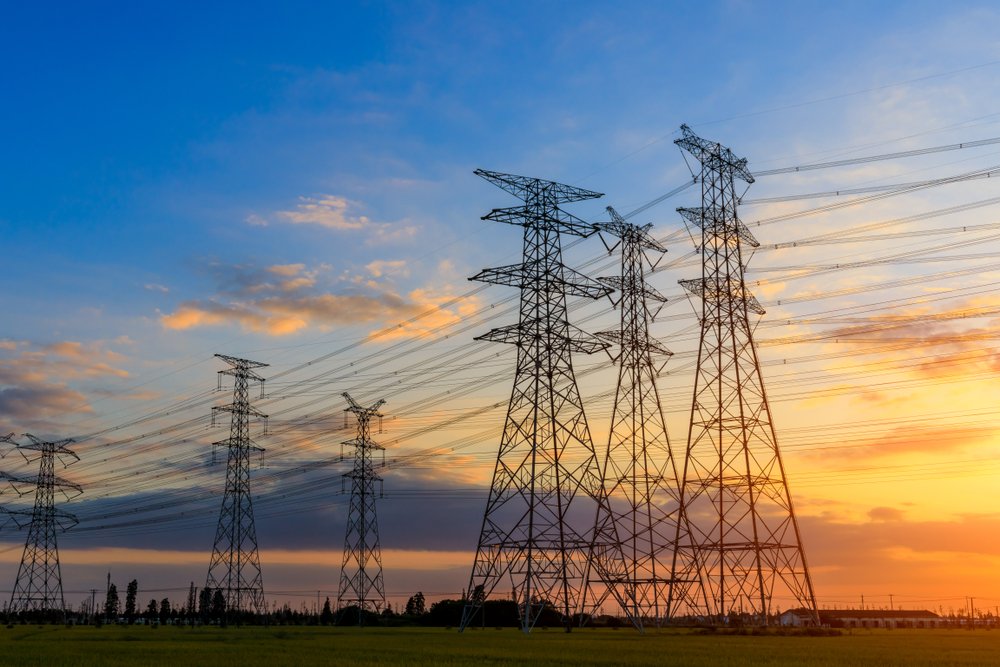Norway’s sovereign wealth fund, together with the Dutch pension fund APG, plans to invest in Tennet. This shifts the focus to Germany’s largest electricity grid operator, which plays a key role in the energy transition. A billion-euro bid is expected to be on the table by mid-September, bringing new investors into play. (wallstreet-online: 22.08.25)
The sovereign wealth fund relies on electricity infrastructure
The Norwegian sovereign wealth fund, officially called the Government Pension Fund Global, controls assets of approximately $1.7 to $2 trillion. Its goal remains to secure long-term revenues from oil and gas operations. The fund also holds stakes in over 8,500 companies and owns approximately 1.5 percent of all listed companies. Bonds, real estate, and infrastructure are also part of its portfolio. The investment in Tennet underscores its strategy of strengthening critical sectors with global relevance.

Instead of a complete takeover, the consortium is planning a capital increase. Fresh equity is intended to stabilize the grid operator. Tennet needs enormous resources to drive the energy transition forward. Investments of around €110 billion are planned by 2034. The primary goal remains the transport of wind power from the north to the southern German industrial centers.
Billions needed for Tennet and the energy transition
The Dutch government currently holds all shares in Tennet. Two options are available: a partial sale to investors or an IPO. According to financial sources, an IPO could raise up to 6 billion euros. This would create the largest IPO of the year in Germany. A decision is expected in September.
The capital issue directly determines the progress of the energy transition. Without a substantial financial injection, delays in the expansion of the power grid are threatened. The Norwegian sovereign wealth fund and other investors are providing not only capital but also long-term stability. Reliable expansion is particularly needed for the transport of offshore wind power to the south.
Influence from Berlin and new investors
The German development bank KfW is also showing interest. It has a right of first refusal and could later acquire shares in Tennet. KfW has already acquired around 25 percent of 50Hertz and TransnetBW. A similar move would secure Berlin’s direct influence over the electricity grid and strategically support the German energy transition.
Such an entry would be of great value to the German federal government. The electricity grid is considered the foundation of industry. Investors here play a role in determining security of supply and competitiveness. KfW’s entry could create a counterweight to foreign investors. At the same time, national energy policy would remain closely linked to Tennet’s development.
No official return forecasts are available for the specific investment in Tennet. Nevertheless, history shows that the Norwegian sovereign wealth fund reliably generates solid returns from long-term investments. In the case of Tennet, too, the focus is likely to be on stability and strategic importance, which makes the investment attractive for all stakeholders.
